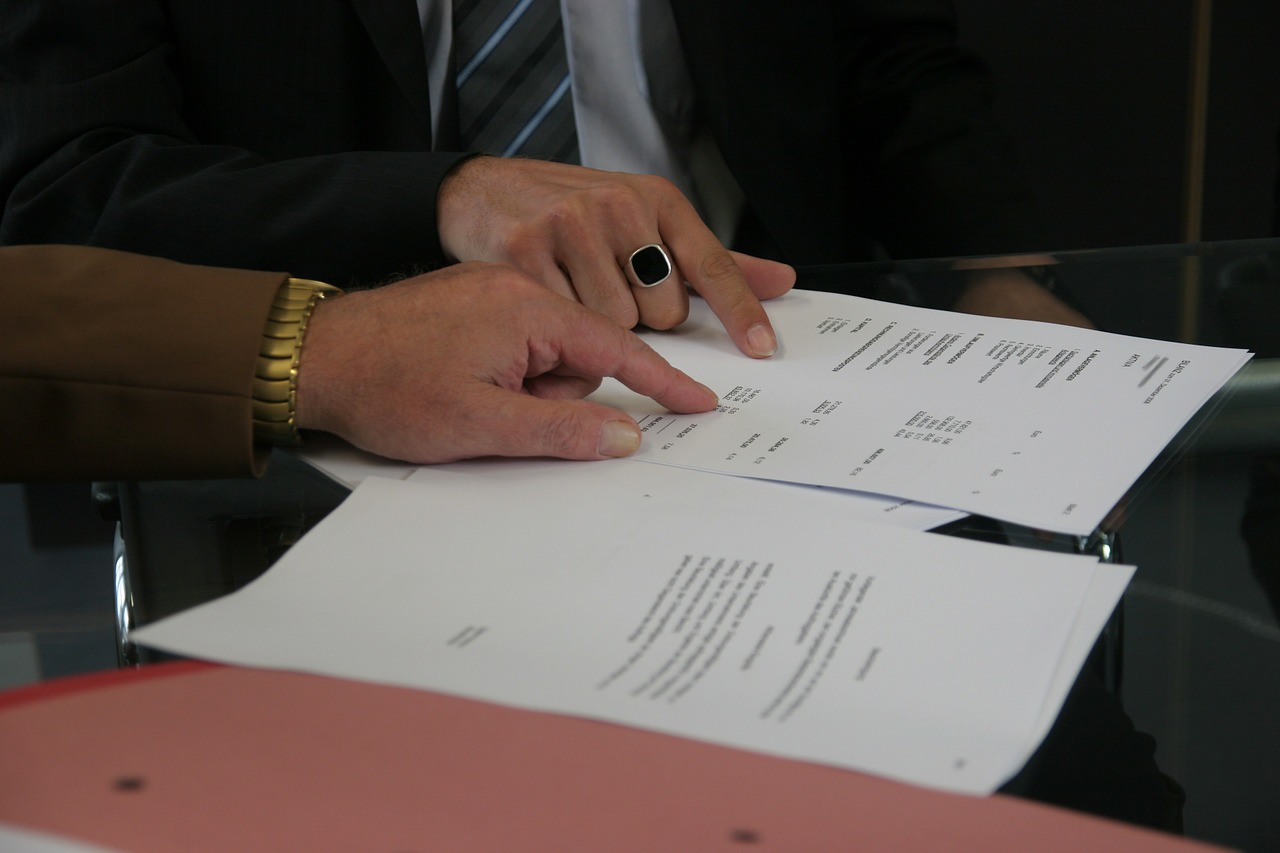1. Set and monitor contract KPIs
Defining the key performance indicators (KPIs) before a contract rolls out is crucial as this is the easiest way to keep tabs on whether the desired goals are being met. An effective way to track contract obligations is to automate the entire process for timely and error-free insights on project fulfilment. This will make it easier to know the efficiency levels at all times and determine underlying problems that need to be resolved before it is too late.
2. Standardise contract creation
While you must never take shortcuts when drafting contract documents as the impacts could be severe, creating a central repository of standardised templates will save you review time and associated costs. You will also have ready access to a set of templates that can quickly be adopted in different circumstances while making management easier by eliminating the need for adopting new work processes.
3. Establish good communication channels
To ensure everyone is kept up to date about the latest developments, you need to automate and streamline communication among contract partners and different stakeholders. This will help avoid costly oversights, time wastage and ensure smooth team collaborations.
4. Analyse and monitor contract risks
Each contract has many potential risks that you should identify before and after a contract is awarded. These risks can range from cost escalations to abilities to meet compliance and regulatory standards, elements that are best analysed and translated into measurable parameters. This will provide clarity in the risk quotient of a contract and make it possible to monitor these parameters from the very beginning.
5. Actively resolve disputes
Issues are bound to merge during a contract’s lifecycle, and when assessing your KPIs, it is best to identify and resolve them promptly. To actively have everything under control, it is advisable to set up a dispute resolution task force that will ever be at hand to help fix all these issues before they impact performance.
6. Run regular compliance reviews
Conducting regular compliance reviews is critical and a channel for guaranteeing the smooth running of an entire project by avoiding problems with government and industry authorities. Remember, there are federal, state, local, and international regulations to be factored in, making it essential to run full audit trails from time to time. You will also need to proactively identify possible bottlenecks by creating and configuring an exhaustive list of compliance criteria in your contract management system.
7. Review the finances
Since cost-saving is among the primary goals for establishing a contract management process, a dedicated part of your routine should be about keeping up with the numbers. Opt for smart technology solutions that allow you to monitor cash flow while comparing performance to established budget expectations to enhance financial visibility.
8. Leverage the power of data
Big data is powerful, making it mandatory to have a central management platform that allows you to analyse the performance and information from different players for better alignment of contractual processes. The big-picture approach from integrating data will also reduce your risk exposure by giving you greater control over all elements within a contract. This will have a tremendous trickledown impact by providing you with a blueprint for managing similar contracts in the future and an edge during the negotiations.
9. Benchmark performance
Active monitoring of contractual parameters will provide you with a database that you can use to analyse your performance against historical data and industry averages. This makes it easier to figure out your strengths and weaknesses, allowing you to adjust critical processes to attain better standards in a timely manner. You will also know how you are managing your contract compared to your competitors, allowing you to determine how best to gain a competitive edge in your niche industry.
10. Anticipate change
The terms of a contract should be timely adjusted to suit the ever-evolving business and industry landscape for the success of a project. Right from the moment a contract is approved, you need to anticipate change and create room for renegotiations over elements that need to be scaled up or adjusted. You should also do an impact analysis at frequent intervals to determine what’s working and what’s not while factoring in new industry standards and the latest regulatory updates.
Endnote
Establishing the right systems for managing a contract is the bedrock for guaranteeing smooth processes and meeting the desired outcomes.












